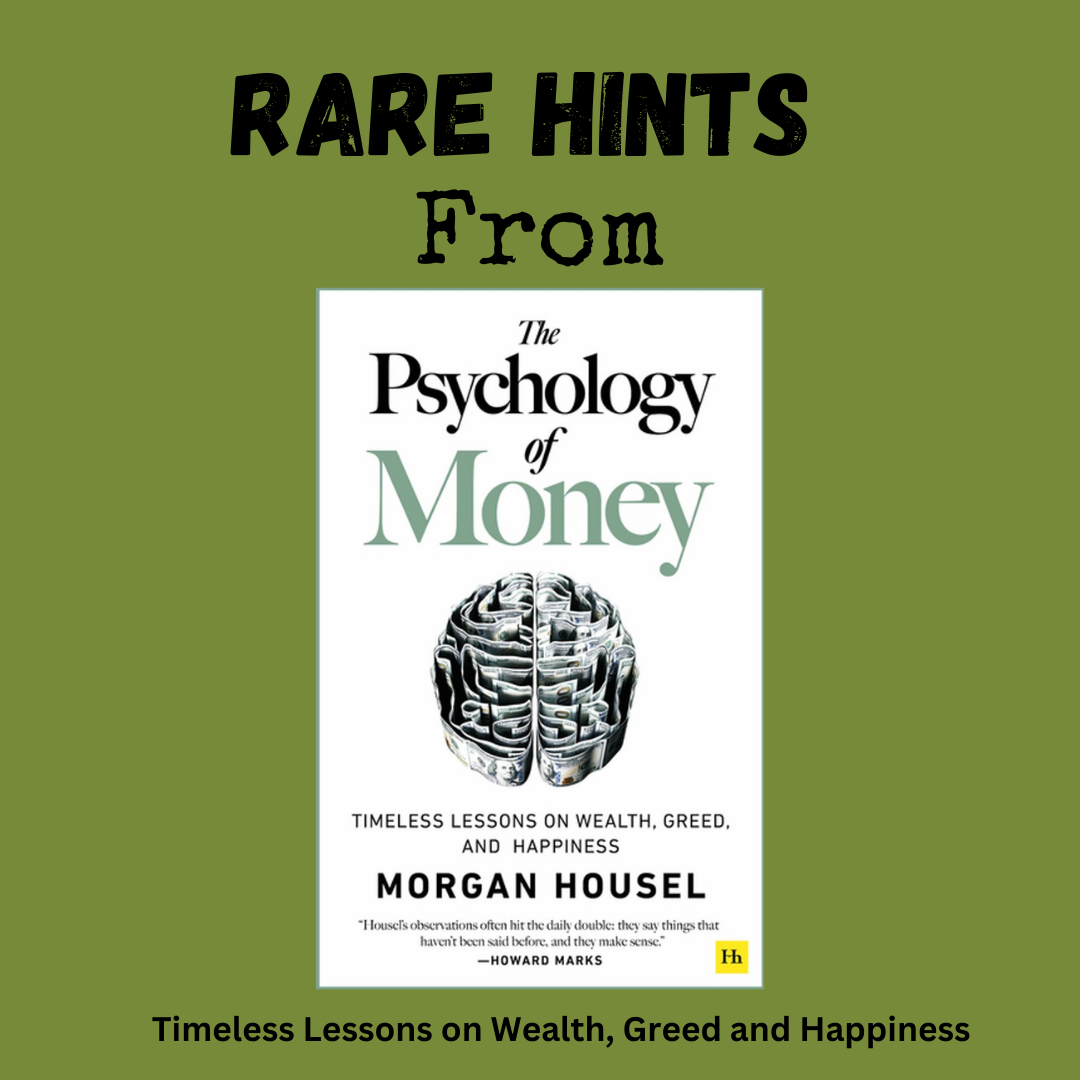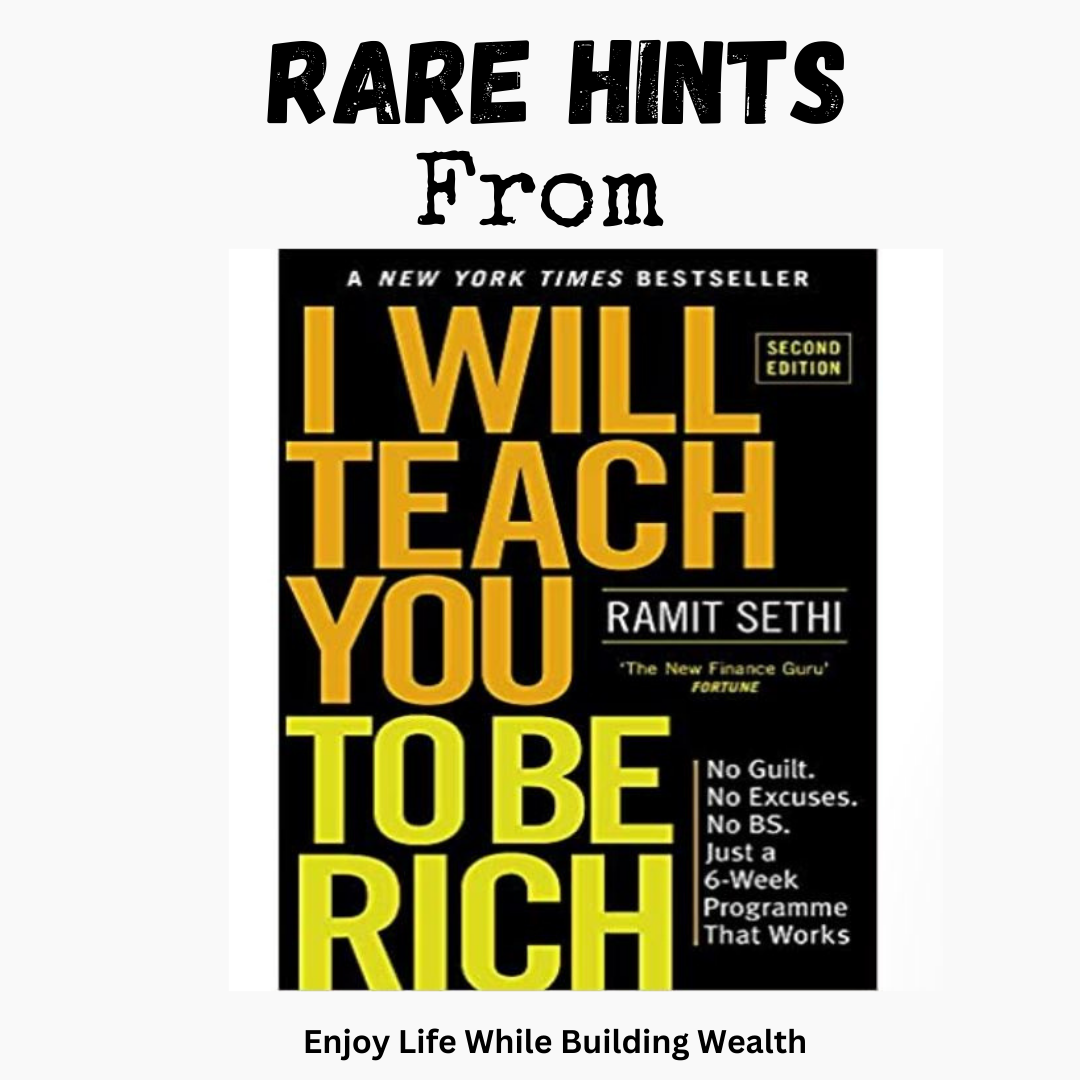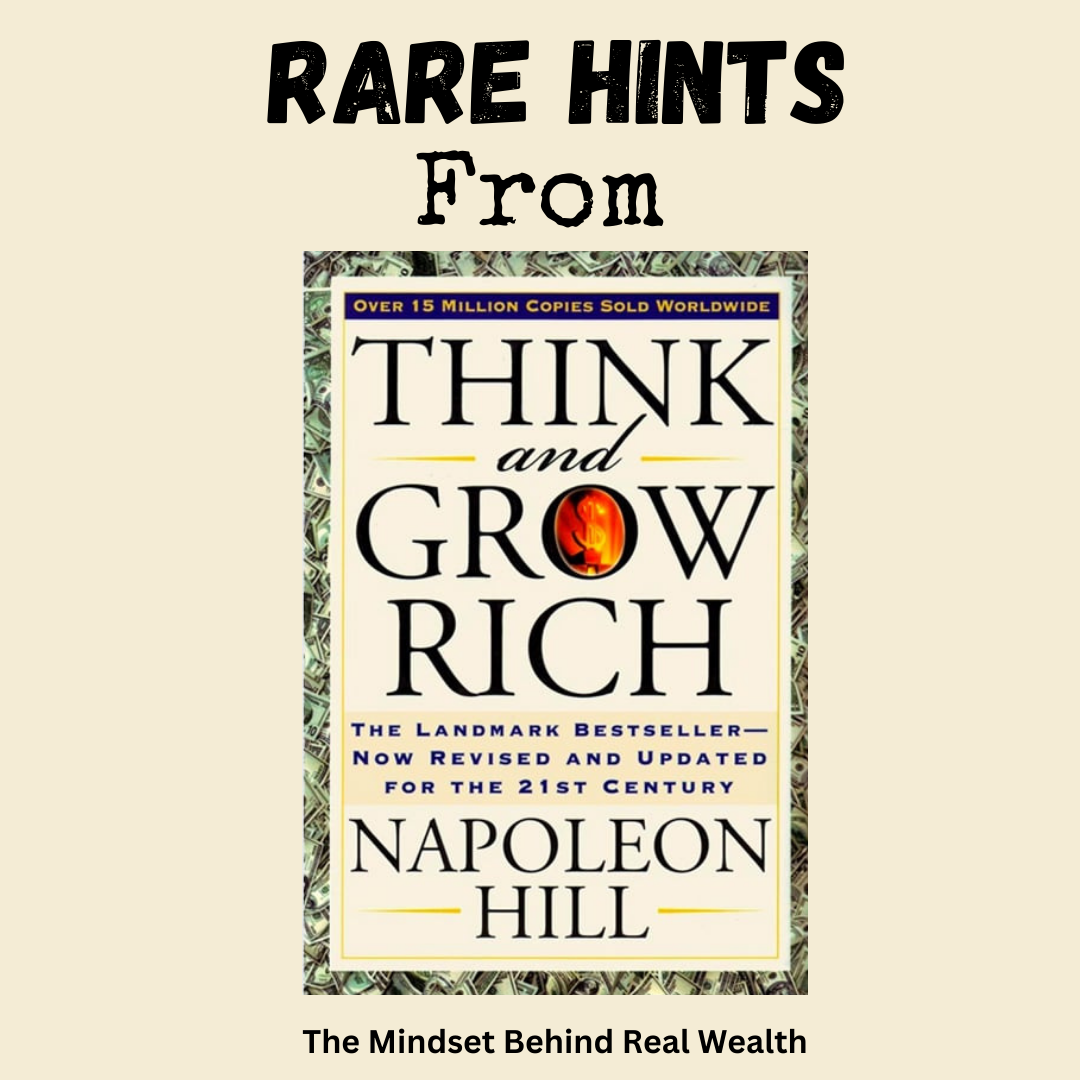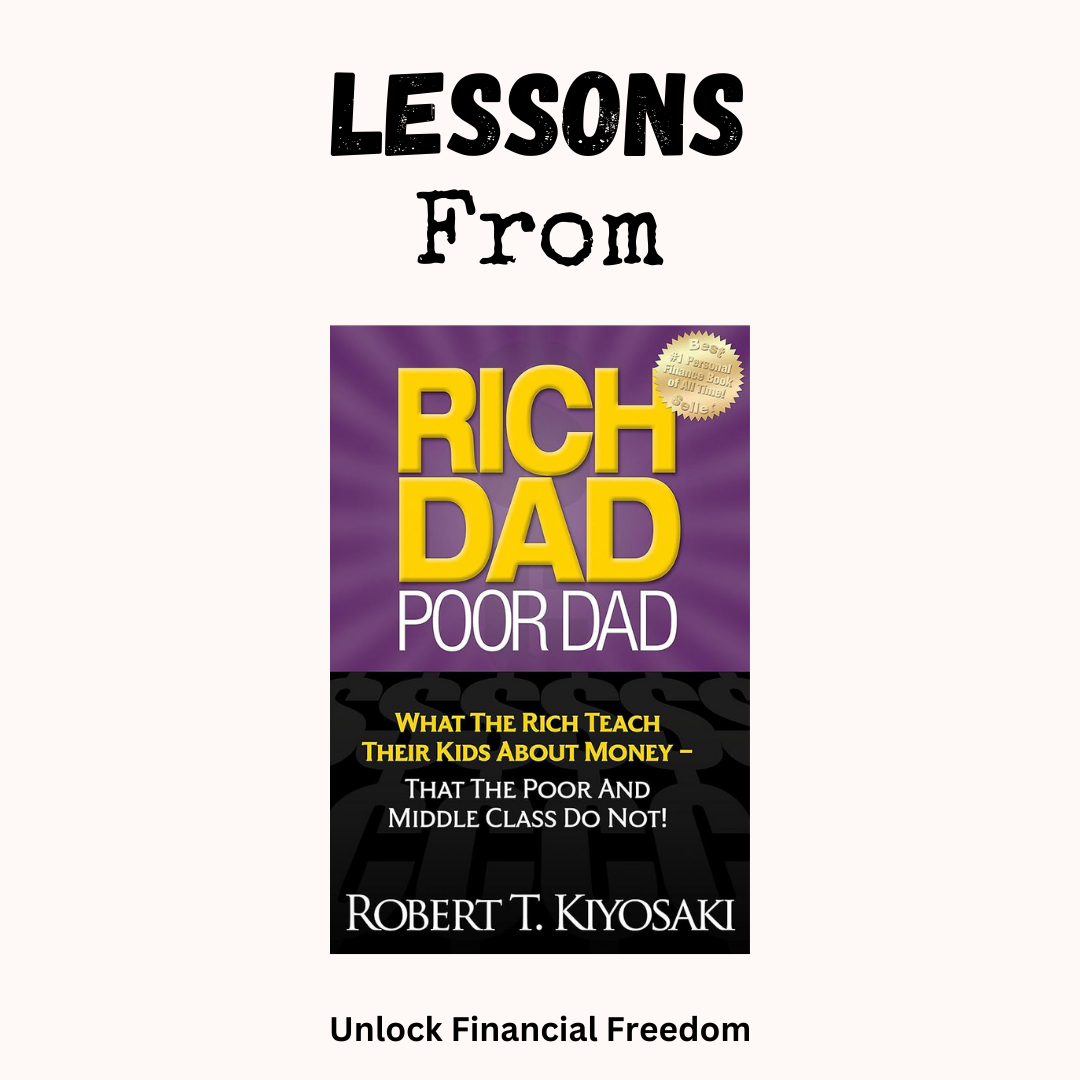Why Most People Stay Broke (Even When They Earn Well)
Let’s be honest—making money isn’t the hard part. Keeping it? Growing it? That’s where most people fail.
We’ve all heard stories of lottery winners going broke, athletes who made millions but ended up bankrupt, or high-paid professionals who struggle financially despite earning six figures. Why does this happen?
The answer isn’t a lack of income. It’s a lack of financial psychology.
That’s exactly what The Psychology of Money by Morgan Housel is about. This book isn’t just about personal finance—it’s about how your mindset, habits, and emotions shape your financial success (or failure).
If you’ve ever made a financial decision you regret, spent money impulsively, or felt overwhelmed by investing, this book will change how you think about money forever.
Let’s dive in.
💡 The Big Idea: Financial Success Is More About Behavior Than Knowledge
Most people think getting rich is about intelligence, investing skills, or having the right strategy.
🚨 Reality check: The smartest person in the room can still be terrible with money.
Housel argues that your mindset and financial habits matter more than income, education, or even market conditions.
🚀 The takeaway? Wealth isn’t just about how much you earn. It’s about how you manage, grow, and protect what you have.
🛠 5 Money Lessons from The Psychology of Money That Will Make You Rich
1️⃣ The Margin of Safety: Why Financial Freedom Starts with Protection
Ever heard the phrase “Live below your means” and thought, Yeah, yeah, I know…?
Here’s why it actually matters:
🔹 Housel introduces the concept of Margin of Safety—always having a financial buffer to handle life’s unpredictability.
💡 Example:
✔ If you’re one paycheck away from financial disaster, you have zero margin of safety.
✔ If losing your job would ruin you financially, you’re playing too close to the edge.
🔥 Power Move: Build a 6-month emergency fund before making big investments.
🚀 Try This: If you don’t have savings, start setting aside 10-20% of your income today.
2️⃣ Mastering Emotions: Why Smart People Make Dumb Financial Decisions
Most people believe financial success is about intelligence.
🚨 Reality check: It’s about emotional discipline.
🔹 The stock market crashes → People panic and sell at the bottom.
🔹 Bitcoin hits an all-time high → People FOMO-buy at the top.
💡 Example:
✔ The best investors don’t let fear and greed control their decisions.
✔ They follow a strategy and stick with it—even when emotions tell them otherwise.
🔥 Power Move: Detach from short-term emotions. Invest based on logic and long-term gains.
🚀 Try This: The next time you feel the urge to make a big money move out of fear or excitement, wait 24 hours before acting.
3️⃣ Compounding: The Secret to Becoming a Millionaire Without Trying
🔹 Most people want to get rich quickly. The wealthiest people get rich slowly.
Housel explains that compounding—the ability for money to grow exponentially over time—is the most powerful force in finance.
💡 Example:
✔ If you invest $5 per day starting at age 25, you’ll have over $1 million by retirement.
✔ If you wait until 40 to start? You’ll have less than $250,000.
🔥 Power Move: Start investing now, even if it’s small. Time is your biggest advantage.
🚀 Try This: Open a high-interest savings or investment account and set up automatic deposits. Even $50/month compounds over time.
4️⃣ Avoiding Lifestyle Inflation: Why More Money Won’t Solve Your Problems
🔹 Making more money won’t make you rich—unless you know how to manage it.
One of the biggest wealth traps? Lifestyle inflation.
💡 Example:
✔ You get a raise → Instead of saving, you upgrade your car, apartment, and spending habits.
✔ Now, even with more income, you’re still living paycheck to paycheck.
🔥 Power Move: Keep your lifestyle the same, even when your income increases. Invest the difference.
🚀 Try This: For every raise or bonus, save or invest 50% of it. Future-you will thank you.
5️⃣ Luck vs. Skill: Understanding What You Can and Can’t Control
Housel argues that a lot of financial success is about luck.
🚨 But here’s the twist: The key is to make smart decisions that don’t require luck to win.
💡 Example:
✔ You can’t control when a stock market crash happens, but you can control how much risk you take.
✔ You can’t predict the next big crypto trend, but you can build a diversified portfolio that protects your wealth.
🔥 Power Move: Don’t gamble—play the long game.
🚀 Try This: Instead of trying to pick “the next big thing,” focus on proven, long-term financial strategies.
🎯 How to Apply These Lessons to Build Wealth
1️⃣ Build a Safety Net – Save at least 6 months of expenses before making risky investments.
2️⃣ Master Your Emotions – Avoid panic-selling, FOMO-buying, and short-term thinking.
3️⃣ Start Investing Early – Even small investments grow massively over time.
4️⃣ Keep Lifestyle Costs Low – Don’t spend everything you earn. Save and invest wisely.
5️⃣ Play the Long Game – Build wealth slowly, sustainably, and strategically.
🚀 Challenge: Pick one financial habit and commit to it for the next 30 days!
❌ Common Mistakes That Keep People Broke
🚨 Trying to Get Rich Fast – Real wealth takes time. Avoid shady schemes.
🚨 Not Having an Emergency Fund – One bad event can wipe out everything. Save first.
🚨 Ignoring Emotions – Smart investors know that fear and greed destroy wealth.
🚨 Thinking More Income = More Wealth – If you spend everything, income increases don’t matter.
🔑 Final Thoughts: Master Your Mind, Master Your Money
🔥 The Psychology of Money isn’t just a finance book—it’s a mindset shift.
If you’ve ever felt stuck financially, the problem isn’t how much you make—it’s how you think about money.
🚀 Take Action Now:
✅ Start building your financial safety net.
✅ Invest in something today, even if it’s small.
✅ Pay attention to how emotions affect your money decisions.
💡 Which lesson hit you the hardest? Drop a comment below! 👇






Leave a Comment